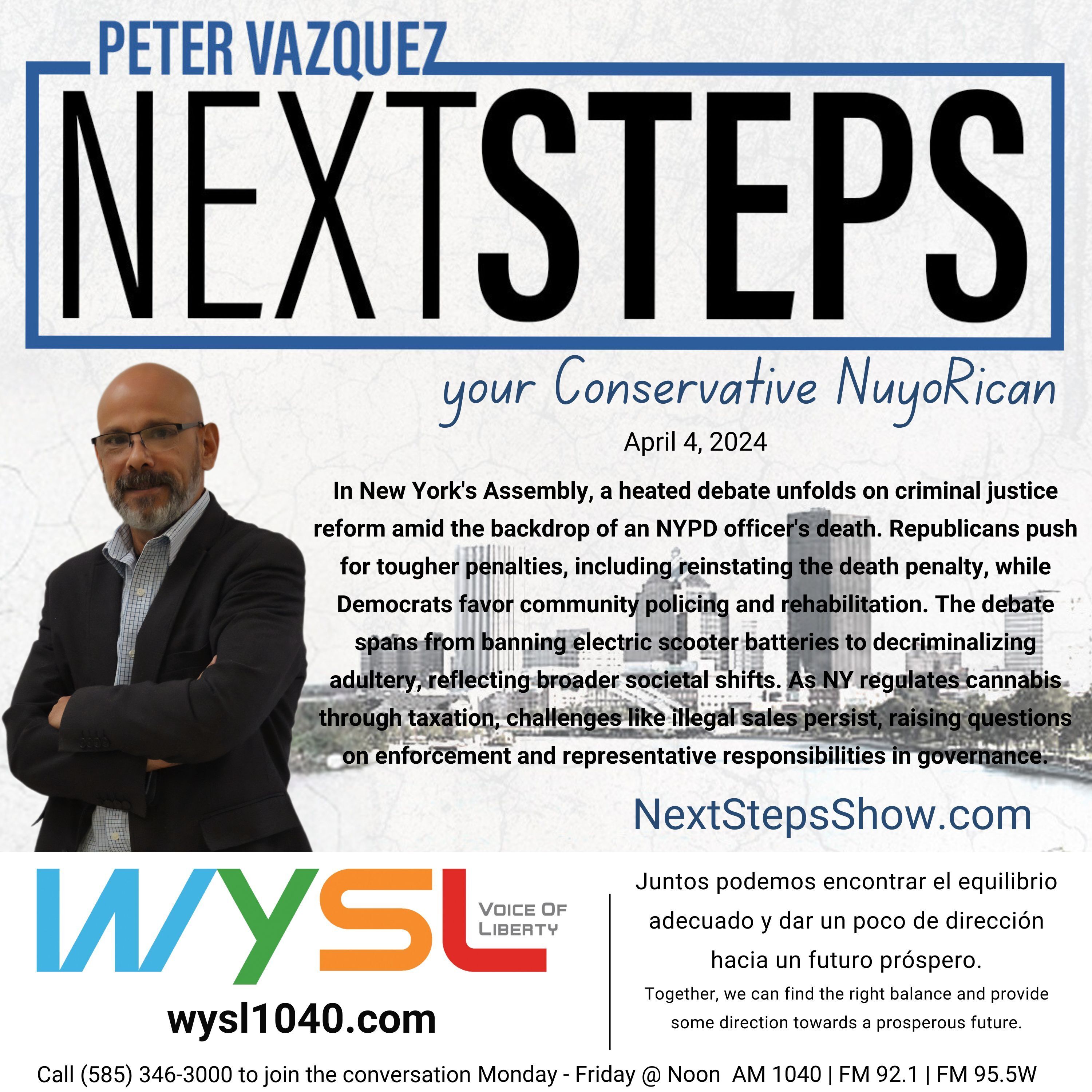
Within the hallowed halls of the New York Assembly, a vigorous debate on criminal justice reform is underway, underscored by the somber backdrop of NYPD officer Jonathan Diller's tragic death. Republicans, resolute in their commitment to law and order, are pushing for stringent penalties and the reinstatement of the death penalty for the most heinous crimes, confronting Democrats who doubt the efficacy of such severe measures.
Assembly Speaker Carl Heastie and his colleagues advocate for softer alternatives like community policing and rehabilitation programs. Research from the National Institute of Justice offers a mixed perspective: while incarceration deters some from reoffending, it may paradoxically increase recidivism among those further hardened by prison life, with evidence suggesting only modest reductions in violent crime.
The controversy surrounding the proposed ban on specific types of batteries for electric scooters and the like sparks a larger discussion on the nature of advocacy. This raises a poignant question: Is advocacy genuinely valued only when it aligns with one's personal or political biases? Such debates are particularly resonant in an era where environmental and technological considerations intersect significantly with policy decisions.
A notable shift in legislative focus is apparent with New York's move to decriminalize adultery, aiming to dismantle a law established in 1907. This measure, which garnered substantial bipartisan support in both the Assembly and Senate, mirrors a societal shift towards a more lenient view on personal morality. The overwhelming approval signifies a growing consensus on removing such private matters from the purview of the criminal justice system.
In managing cannabis regulation through the Marijuana Regulation & Taxation Act of 2021, New York intended to foster a safe, inclusive, and economically prosperous market. Nevertheless, the state grapples with challenges such as the sluggish deployment of legal dispensaries and persistent illegal sales.
Governor Kathy Hochul's administration has confiscated over 8,500 pounds of illegal cannabis products, underscoring the hurdles in suppressing unlicensed operations. Even with legalization, discrepancies persist in NYPD's arrest records, highlighting an ongoing need for enforcement in the evolving regulatory landscape.
Our discussion today also scrutinizes the fundamental responsibility of elected officials to champion the interests of their constituents. Amidst the complexities of partisan politics and the sway of special interests, the essential role of these representatives in shaping democratic governance remains critical, manifesting a dynamic interplay of policy-making and public advocacy.
We delve into these multifaceted topics, exploring the nuances of law and the progression of public advocacy. We invite you to engage with us, share your insights, and contribute to this vital conversation in our next episode.
#NextStepsShow #PuttingPeopleFirst #ConservativeNuyoRican #CommunityTalk
Promote your brand on the Next Steps Show, airing on WYSL1040.com's AM 1040, FM 92.1, and FM 95.5 West stations. Discover more at nextstepsroc.com/advertise-with-us or dial (585) 346-3000 to get in touch with the WYSL team.
Have you ever dreamt of sharing your unique voice, stories, or expertise with the world through a podcast? Perhaps you're bubbling with ideas but uncertain about where to begin? The journey from idea to launch can be daunting, but that's where we come in. Dive Into the World of Podcasting with Next Steps Radio PODCAST Network! Visit NextStepsRoc.com or call Peter at (585) 880-7580.


















